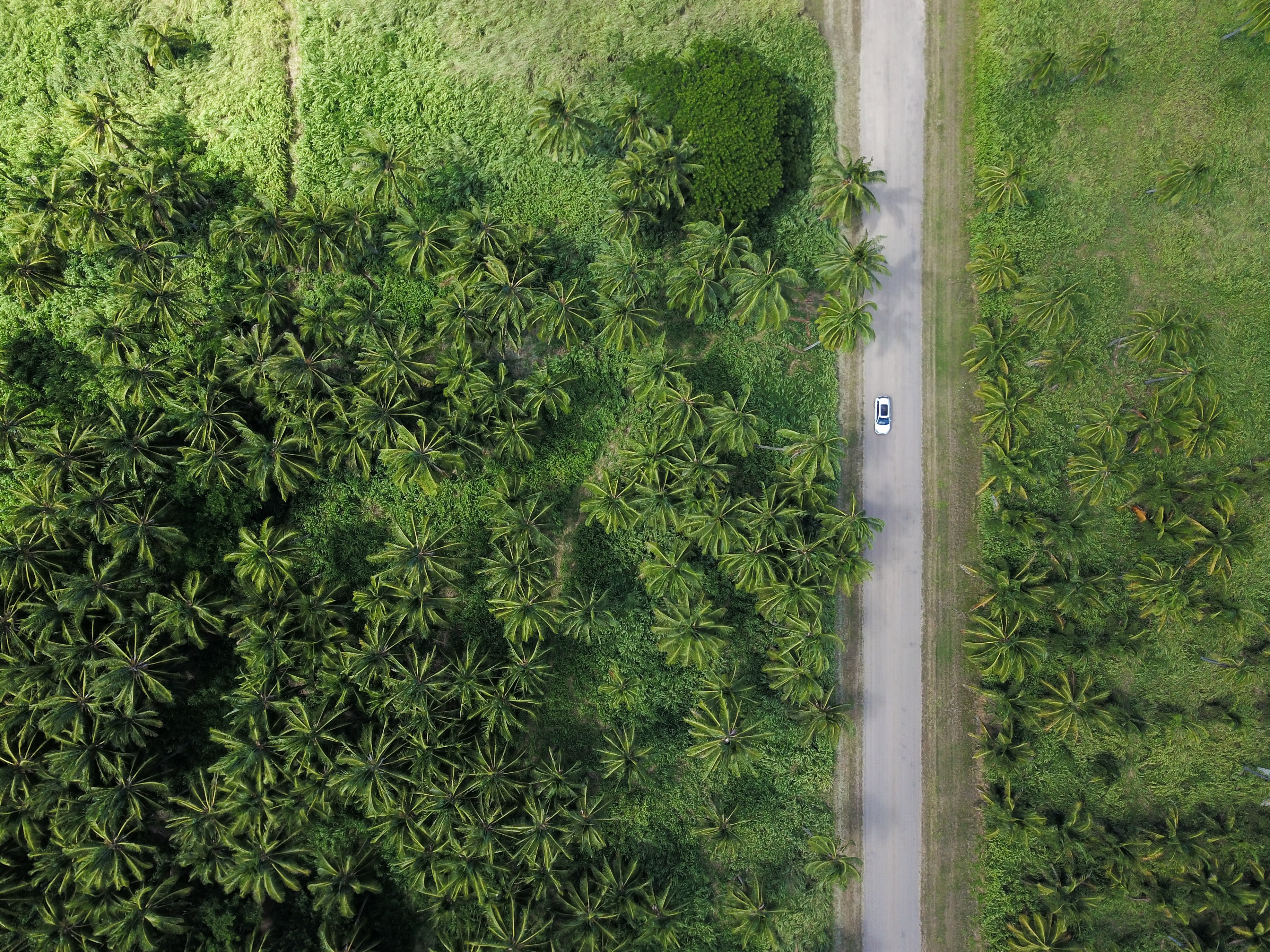Sustainability: 10 propositions for Taiwan’s future
“Humanity cannot defeat viruses. It can only learn to co-exist with them peacefully.”
That was the assessment of Academia Sinica academician Michael M.C. Lai (賴明詔), a longtime student of viruses, when he spoke about the COVID-19 pandemic in July 2020. He foresaw a new normal in the post-pandemic world, one that Taiwan cannot avoid and must be ready for.
As the world has searched for light amid the darkness, it has inevitability engaged in reflection. To many, the pandemic has taught us that the pursuit of sustainability and well-being needs to trump the unbridled push for economic growth seen in recent decades.
Rethinking globalization, GDP growth mindsets
In the 1980s, neo-liberal policies stressed deregulation, tax cuts, and economic liberalism, laying the foundation for the pre-eminence of globalization and the global division of labor as an economic model.
In 2008, the eruption of the global financial crisis proved that the globalization model could not deliver a better life for everyone and mainly widened the rich-poor divide. Mainstream thinking turned to how to provide a better life for all rather than how to improve the economic environment for corporations.
In 2021, faced with the dual disasters of COVID-19 and climate change, the world again finds itself at a critical juncture, searching for solutions that emphasize sustainability and well-being.
One response may be that proposed by World Economic Forum founder Klaus Schwab in his new book published in January 2021 titled “Stakeholder Capitalism,” in which he describes how a capitalist system can balance economic progress, quality of life and environmental sustainability.
The way to do this, he argues, is by dumping the entrenched “shareholder capitalism” model in favor of a “stakeholder capitalism” system that accounts not only for the interests of shareholders but also those of customers, suppliers, employees, communities and the environment.

Time for Taiwan to act
Given these global trends, Taiwan will have no choice but to follow along. Failing to do so could lead to dire consequences, said Lin Jia-he (林佳和), a professor of law at National Chengchi University.
Since the beginning of the 21st century, Taiwan’s export-oriented economy has seen companies relocate overseas and low value-added industries disappear, with science parks the only prosperous manufacturing centers remaining. As a result, Lin said, much of the economy is now dominated by a service sector featuring low wages and long working hours.
Lin warned that if the spoils of economic growth are not evenly distributed, it could lead to a return to authoritarianism, as has happened in parts of Eastern Europe. Taiwanese aged 45 and over are starting to feel that “democracy has not brought many benefits and that the authoritarian era was pretty good,” he contended.
Avoiding such a worst-case scenario may require solutions that de-emphasize economic growth and gravitate toward a better life shared by all, especially as Taiwan could hit per capita GDP of US$30,000 this year, achieving a longstanding economic goal.
Taiwan must now balance material living standards with greater attention to quality of life issues to give the future generation greater peace of mind.
“To create a good life, we should forge a social democratic community,” said former Culture Minister Cheng Li-chiun (鄭麗君). Having society foot the bill for individual and family expenses “would allow every individual to have a [financial] cushion to pursue becoming the person they want to be. That’s a core proposition of a democratic society.”
In the search for solutions, CommonWealth Magazine interviewed 13 prominent figures from academia, the private sector, the government and NGOs to see how they felt about the future.
In many cases, they pointed to the use of old thinking and values to lead the way into a new era of rapid change as a major source of discontent. Here are 10 propositions that summarize their ideas for achieving greater sustainability and well-being.
